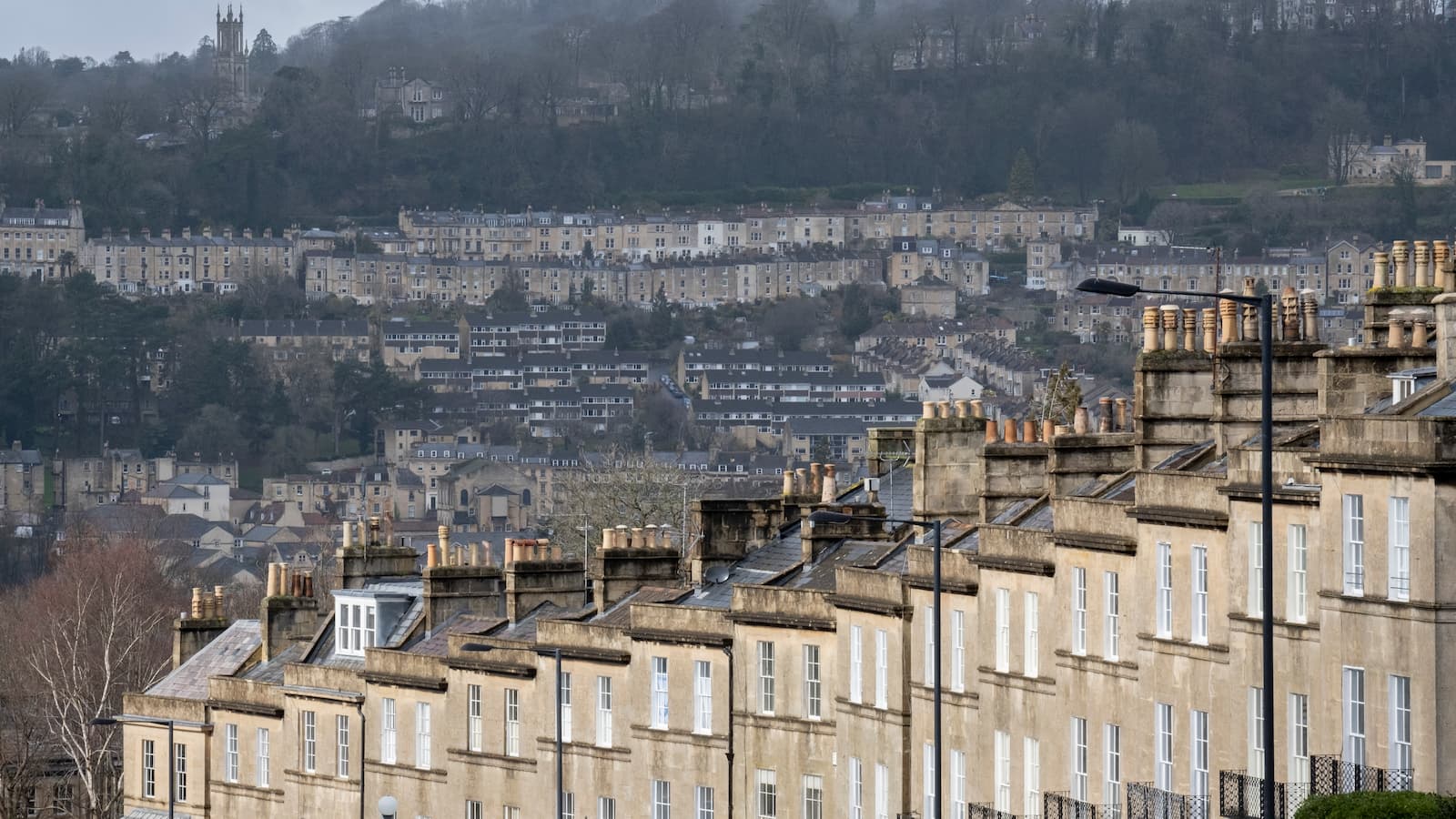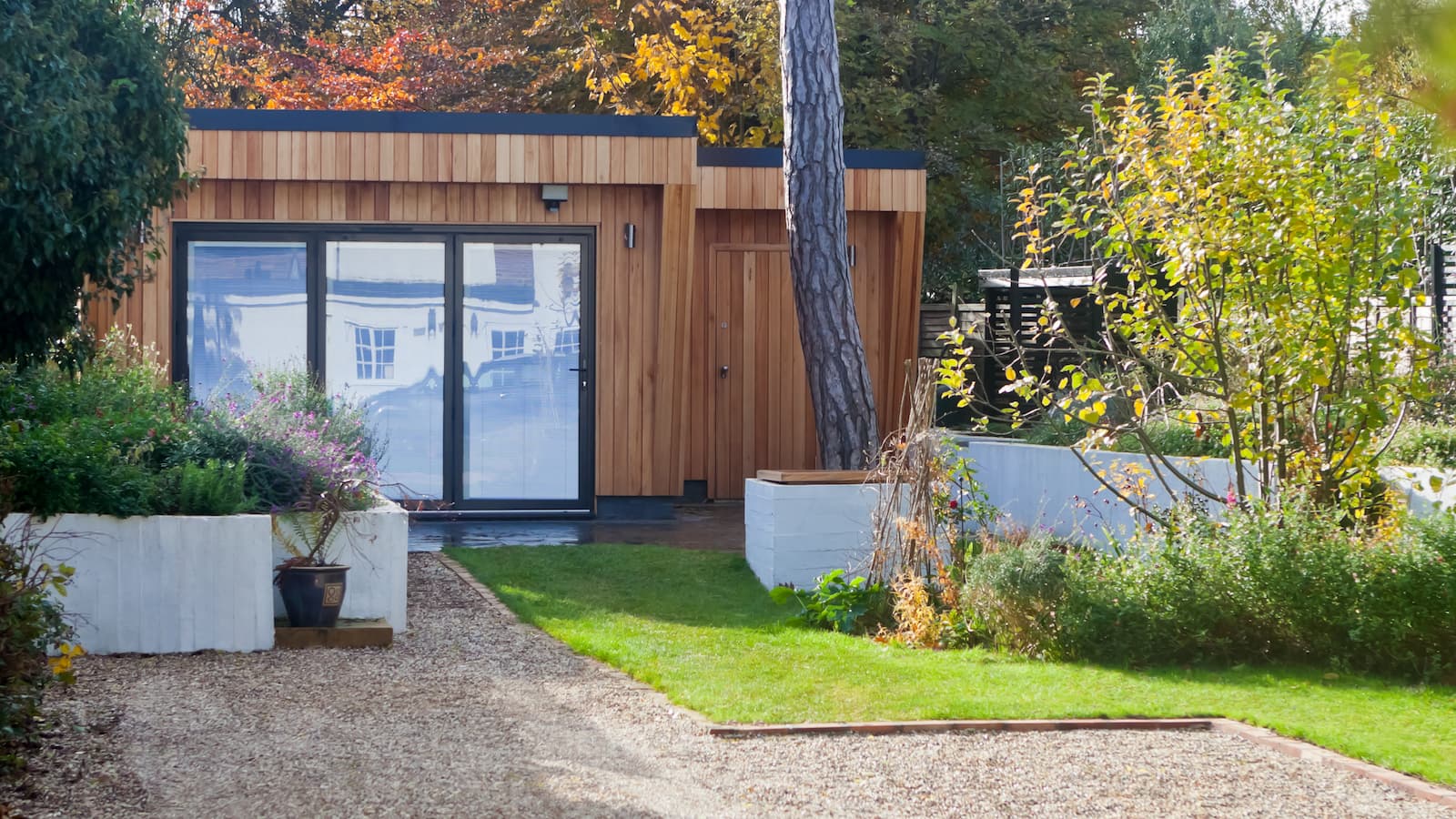What are council tax bands and can you change yours?
We explain how council tax bands work and what to know if you want to challenge the band that your home falls into

Navigating the complexities of council tax bands can be daunting, especially when it comes to understanding how your property is assessed and how to appeal your banding.
Council tax bands are classifications that determine how much council tax property owners or tenants are required to pay that are based on historical house prices.
By familiarising yourself with these bands and the appeals process, you can ensure that you’re being charged correctly and know your rights as a homeowner or tenant.
What are the different council tax bands?
Council tax bands are classifications used to determine how much council tax a property owner or tenant must pay.
In England, Wales, and Scotland, properties are currently assigned to specific bands based on their estimated value as of April 1, 1991. The bands are generally structured as follows:
- Band A: Properties valued up to £40,000
- Band B: Properties valued between £40,001 and £52,000
- Band C: Properties valued between £52,001 and £68,000
- Band D: Properties valued between £68,001 and £88,000
- Band E: Properties valued between £88,001 and £120,000
- Band F: Properties valued between £120,001 and £160,000
- Band G: Properties valued between £160,001 and £320,000
- Band H: Properties valued over £320,000
Each band corresponds to a different level of council tax, with Band D typically being the standard rate. The actual amount of council tax payable can vary significantly based on the local council's budget requirements, services provided, and any discounts or exemptions applicable to the property or its occupants.
Council tax bands are important because they affect the overall cost of living in an area, and homeowners may appeal their banding if they believe it is incorrect. But it is worth knowing that bands can be both upgraded as well as downgraded.
Is council tax set to rise?
Despite talk of council tax rises or bands changing in the latest budget, no changes were announced in the Autumn Budget 2024.
The Chancellor was expected to raise council tax for wealthier homeowners in the Autumn Statement, with annual bills expected to be around 0.5% of each property's value.
It was mentioned in the budget that there would be "council tax flexibilities" which could hint at local councils having more discretion over what tax they charge, but nothing has been mentioned yet.
Two district councils, South Cambridgeshire and North West Leicestershire, are proposing increased council tax for second and long-term empty homes. These moves follow new powers under the 2023 Levelling Up and Regeneration Act, which allow local authorities to add tax premiums on such properties.
Both councils cite rising housing demand and financial stability as drivers for these changes.
How are homes assessed for council tax?
Properties are assigned a band based on their estimated historical market value.
The Valuation Office Agency (VOA) assesses properties to determine the appropriate council tax band. Assessments consider factors such as property size, layout, character, location, and condition as of the relevant valuation date. For new properties or significant changes like conversions, the VOA allocates a band based on similar criteria.
However, there are occasions where homes can assessed differently, such as:
- Houses in Multiple Occupation (HMOs): From 1 December 2023, HMOs in England are generally assessed as a single property rather than separate rooms, impacting council tax obligations for shared houses.
- Annexes: A self-contained annexe with facilities for separate living may receive its own band.
- Property adjustments: Properties that increase in size or undergo structural changes may be reassessed and potentially re-banded.

Can you appeal your council tax banding?
Property owners can appeal their band assignment if they believe it’s incorrect. Local authorities handle council tax billing and any applicable discounts.
You can appeal your council tax band directly to the VOA without needing an agent. The Listings Officer at the VOA can amend bandings under specific conditions, such as significant value changes, errors, or orders from a tribunal.
To submit an appeal, write to the Listings Officer, including your name, property address, reasons for the appeal, and the effective date for any change. While your appeal is pending, you must continue to pay the current council tax charges. If successful, any overpayment will be refunded.
You may also request to have a property removed from the Council Tax list if it is derelict, under renovation, or demolished, using the Council Tax Challenge form from the VOA website.
Citizens Advice say it’s essential to act within six months of occupying the property, unless there has been a reduction in its value. This reduction can occur due to various factors, such as the demolition of part of the property, changes in its physical state or locality, or adaptations made to accommodate individuals with disabilities.
Understanding council tax bands is essential for any property owner or tenant, as it directly impacts your financial obligations.
By knowing how these bands work, how properties are assessed, and how to appeal if necessary, you can ensure you are paying the correct amount.
If you suspect your banding is incorrect or have questions about the process, contact the Valuation Office Agency.
Get the Homebuilding & Renovating Newsletter
Bring your dream home to life with expert advice, how to guides and design inspiration. Sign up for our newsletter and get two free tickets to a Homebuilding & Renovating Show near you.

News Editor Joseph has previously written for Today’s Media and Chambers & Partners, focusing on news for conveyancers and industry professionals. Joseph has just started his own self build project, building his own home on his family’s farm with planning permission for a timber frame, three-bedroom house in a one-acre field. The foundation work has already begun and he hopes to have the home built in the next year. Prior to this he renovated his family's home as well as doing several DIY projects, including installing a shower, building sheds, and livestock fences and shelters for the farm’s animals. Outside of homebuilding, Joseph loves rugby and has written for Rugby World, the world’s largest rugby magazine.
